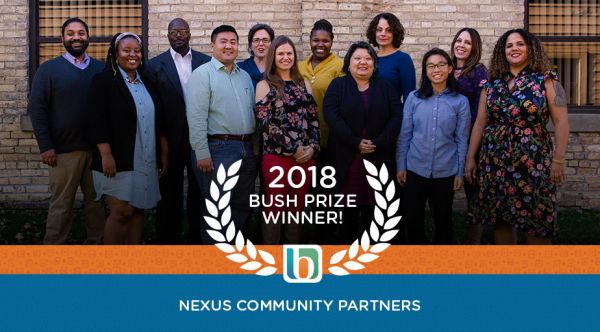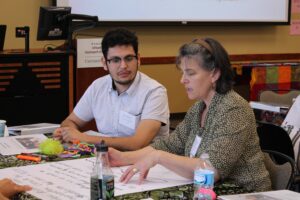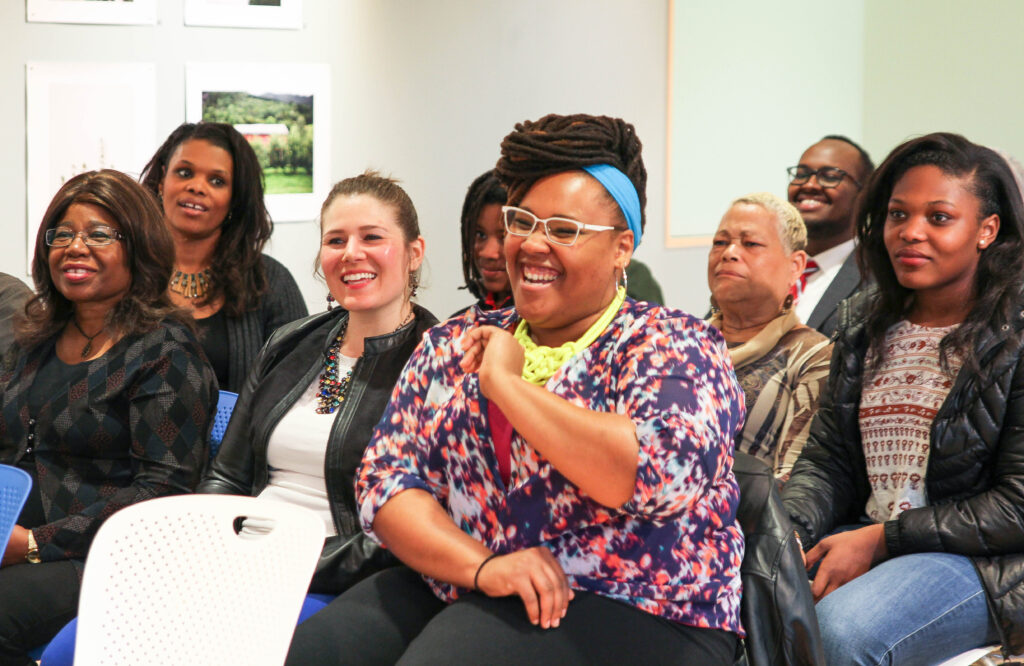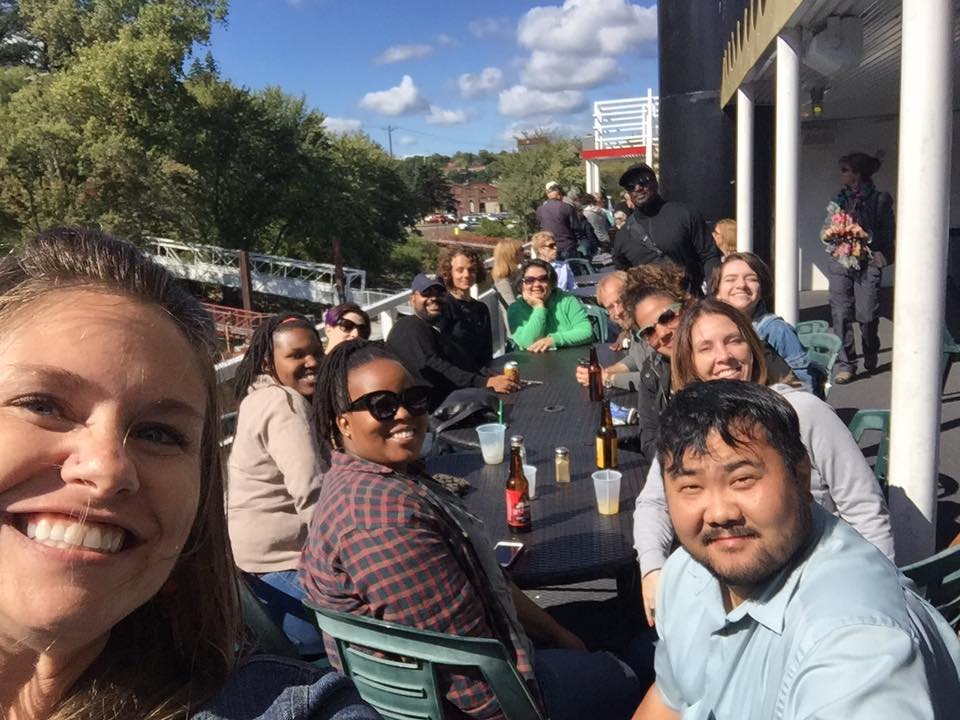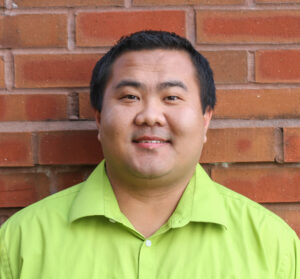 Saint Paul, Minnesota— On Wednesday, March 6, Nexus staff member Chai Lee was sworn in to serve on the Metropolitan Council (The Met Council), representing District 13, which includes the eastern half of Saint Paul, Lilydale, Mendota Heights, Sunfish Lake and West St. Paul. Lee is a program coordinator for the Boards & Commissions Leadership Institute (BCLI) at Nexus. He joins 15 other members of the Met Council being sworn in March 6. The 16 members appointed on March 6 represent the 16 districts of the Met Council, which covers the seven county metro area. The chair of the Met Council, Nora Slawik, makes the 17thmember of the body, but is not appointed by geography. Chair Slawik was recently appointed by Governor Tim Walz to lead the council and is the former mayor of Maplewood, MN.
Saint Paul, Minnesota— On Wednesday, March 6, Nexus staff member Chai Lee was sworn in to serve on the Metropolitan Council (The Met Council), representing District 13, which includes the eastern half of Saint Paul, Lilydale, Mendota Heights, Sunfish Lake and West St. Paul. Lee is a program coordinator for the Boards & Commissions Leadership Institute (BCLI) at Nexus. He joins 15 other members of the Met Council being sworn in March 6. The 16 members appointed on March 6 represent the 16 districts of the Met Council, which covers the seven county metro area. The chair of the Met Council, Nora Slawik, makes the 17thmember of the body, but is not appointed by geography. Chair Slawik was recently appointed by Governor Tim Walz to lead the council and is the former mayor of Maplewood, MN.
The Metropolitan Council is the regional policy-making body, planning agency, and provider of essential services for the Twin Cities metropolitan region. It is a unique regional body unlike any other in the nation, whose roots date back to the 1960s, and was created with bipartisan support by the governor and legislature of Minnesota. The appointments were made by Minnesota Governor Tim Walz and Lieutenant Governor Peggy Flanagan, from a pool of over 200 applicants.
“I am humbled and honored to be appointed to the Met Council by Governor Tim Walz and Lieutenant Governor Peggy Flanagan. I will do my best to bring to the table divers perspectives as I reach out and work toward engagement between Council staff, advisory boards, and my deep community relationships. Most of all, I am proud to be at the table as someone in coming into this work from the unique viewpoint of Nexus, and the nonprofit sector, as well as my local government experience,” says Lee. “What I look forward to most is the opportunity to work on issues which impact all our communities so deeply, from planning for economic opportunity to affecting affordable housing and improving our infrastructure, I will work hard to strengthen the national and global competitiveness of our metro region through my work on Met Council. I am so proud and lucky to be working at Nexus, and my work and passion in diversifying boards and commissions will continue, and I can’t wait to help affect that as a Met Council Member as well,” Lee continued.
Lee brings many years of community involvement to the table. He has served on his neighborhood board, District 1, on Saint Paul’s east side, as well as a three-year term on Saint Paul’s Long-Range Capital Improvement Budget Committee (CIB), which is a board that reviews, ranks and recommends capital projects to the city.
The newly inaugurated Met Council is the most diverse class of appointments in its history, and Lee will be the second Hmong person ever to serve. Prior to coming to Nexus, Lee worked in the administration of Saint Paul Mayor Christopher B. Coleman. Learn more about theMet Council and its geographical districts here. An official bio of Lee can be found here, and he may be contacted at: chai.lee@metc.state.mn.us
